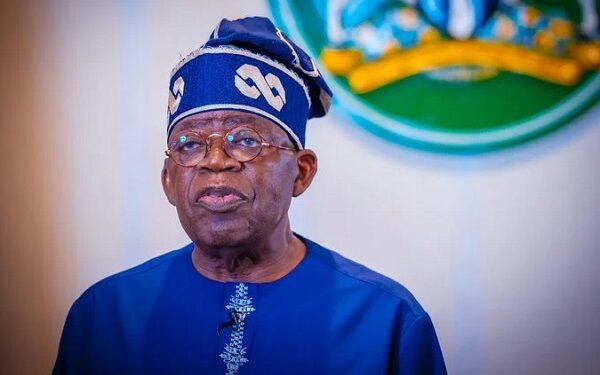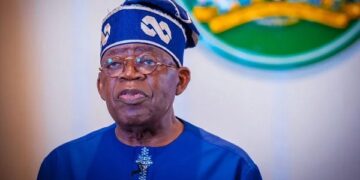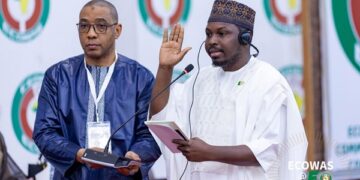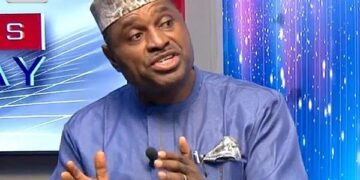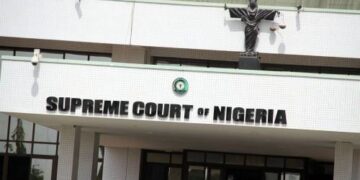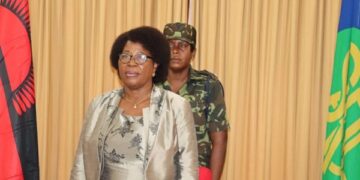ABUJA, Oct 1 (The African Portal) – Nigeria’s President Bola Ahmed Tinubu has told citizens the country’s most difficult economic period is behind it, assuring them that ongoing reforms are beginning to yield results.
In his 65th Independence Day broadcast on Wednesday, Mr Tinubu urged Nigerians to remain patient, saying: “The worst is over, and prosperity is near.”
The president highlighted a 10-point list of achievements he said were evidence of progress under his administration.
Economic growth
Mr Tinubu said Nigeria’s economy expanded by 4.23% in the second quarter of 2025, faster than the International Monetary Fund’s forecast of 3.4%. Inflation eased to 20.12% in August, the lowest in three years, he added.
He credited this to reforms such as subsidy removal and currency unification, which he said freed resources for investment. Non-oil revenue, he noted, had surpassed ₦20tn ($13bn) this year.
Stronger reserves
The president reported external reserves of $42bn – the highest since 2019 – alongside consistent trade surpluses.
Fiscal stability
Nigeria’s debt service-to-revenue ratio has dropped from 97% in 2022 to below 50%, giving the government more space to invest in health, education, and infrastructure, Mr Tinubu said.
Oil and energy
He said crude production had risen to 1.68m barrels per day, while petrol was being refined domestically for the first time in four decades.
Infrastructure
Key projects, including the Lagos–Calabar coastal highway and the Kano–Maradi railway, were progressing, he said.
Social and youth investment
Mr Tinubu said ₦330bn had been channelled to eight million vulnerable households, while loan schemes such as YouthCred were targeting young Nigerians and households.
More than 510,000 students had benefited from the Nigerian Education Loan Fund, he added.
Security
The president said security forces were reclaiming territories from insurgents and bandits, with displaced people gradually returning home in the north-east and north-west.
Unity
Mr Tinubu ended his address with a call for national cohesion, describing Nigeria’s youth as the country’s “greatest assets” and pledging continued support for their ambitions.
